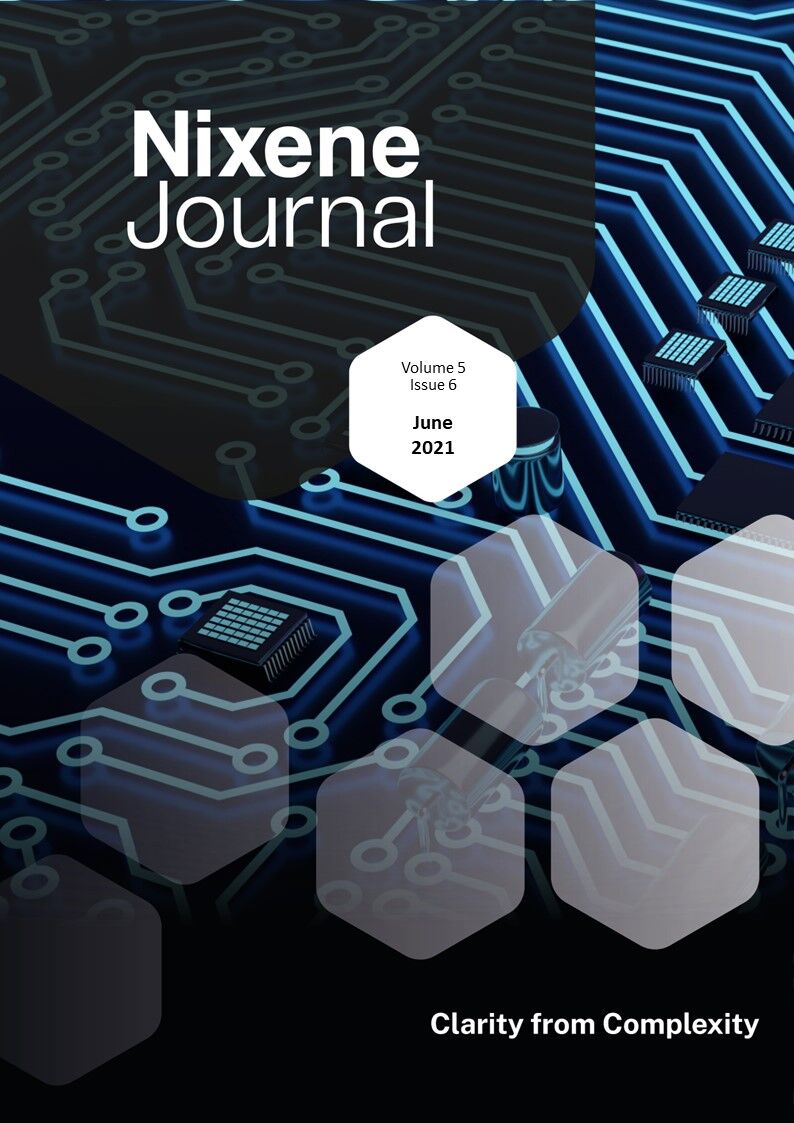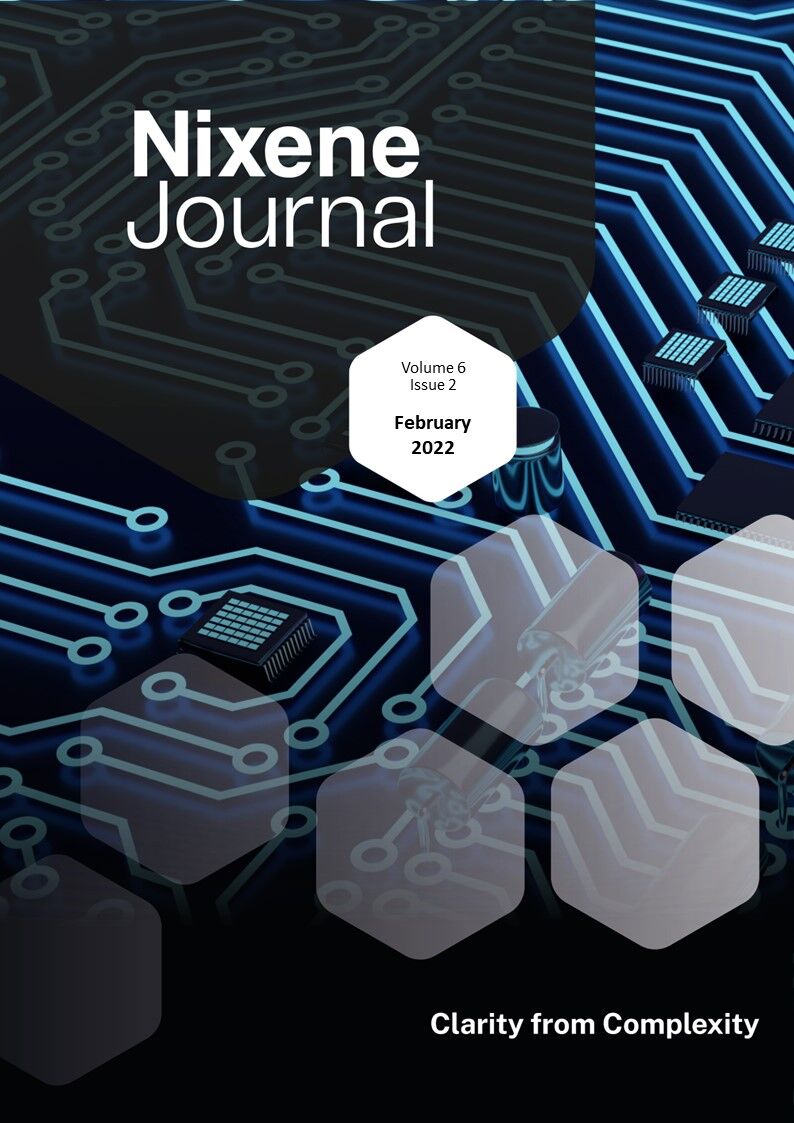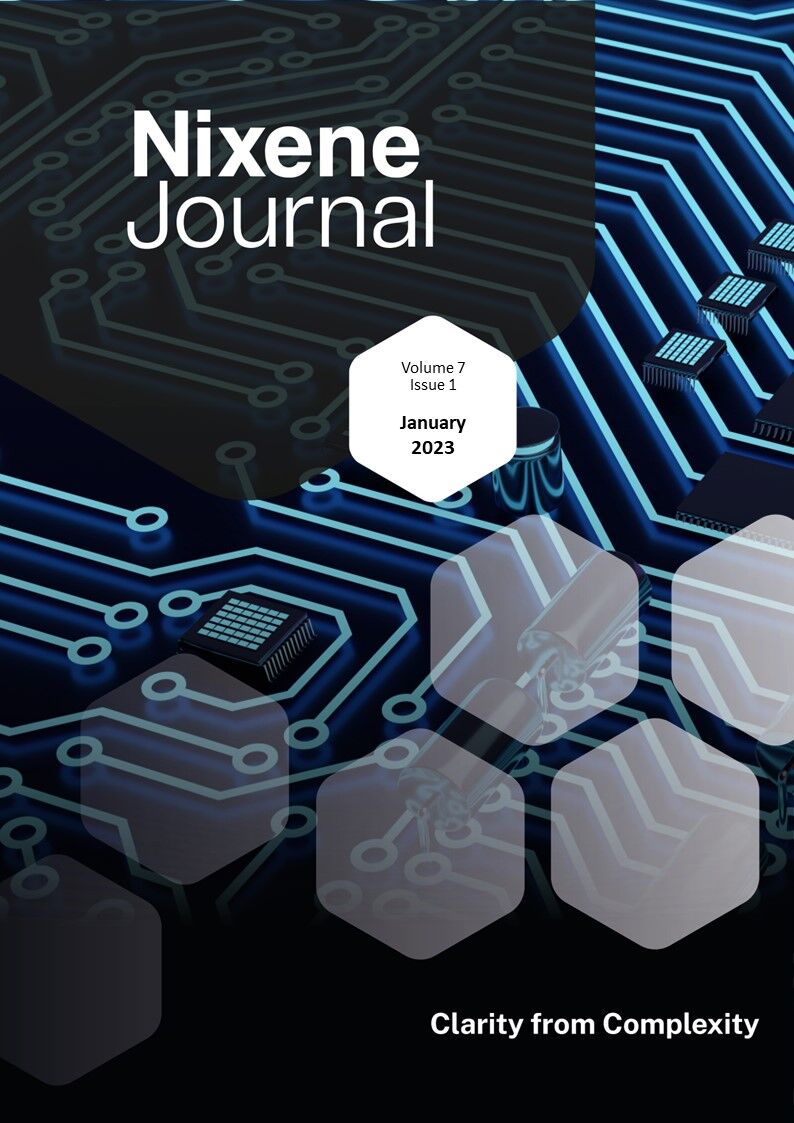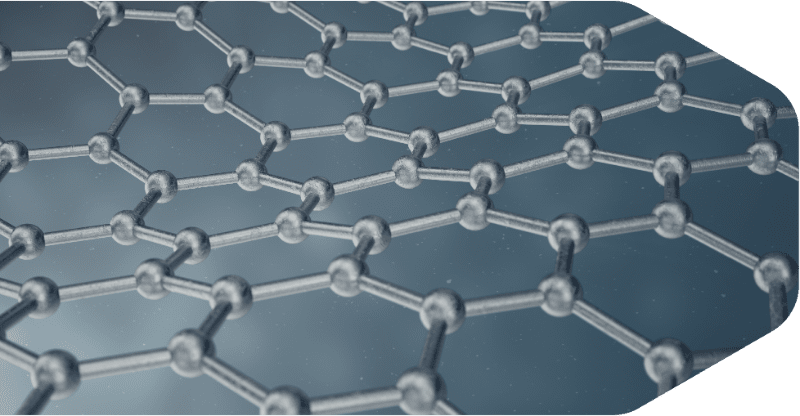Description
It is not every month that a new allotrope of carbon is announced. The last time this happened was back in 2019 when researchers in the UK and Switzerland made a ring of 18 atoms called cyclocarbon (Vol3 iss9 p.12).
This month a joint team in Germany and Finland have made a flat sheet of carbon atoms with 4 6 and 8 rings. They call this new material a biphenylene network (BPN). This new material seems to be exciting the researchers because it exhibits metallic character. It also opens the door to explore other potential allotropes of carbon.
Graphene-metal composites also make another appearance this month. Two Indian organisations have been working on aluminium-graphene composites (Al-G). Tirupati graphite says it has made an Al-G composite that has 95% the electrical conductivity of copper with the light weight of aluminium (although no has been presented yet). The Maharaja Agrasen University has published a peer reviewed paper showing that 1% graphene powder produced a 67% increase in the ultimate strength of the aluminium composite.
A joint team in the Netherlands and Germany has made a Pirani pressure sensor from multilayer CVD graphene. It is not only 100 times smaller than the state-of-the-art sensors; it consumes a fraction of the power and is so sensitive it can detect different gas molecules. Aerospace and automotive applications abound.
A new car company, Viritech, has announced it is building an electric supercar with a range of 800km and a top speed in excess of 300km/hr. The company has rejected batteries in favour of a hydrogen fuel cell to generate the electricity. The hydrogen storage tank is made from graphene enhanced carbon fibre and is an integral part of the chassis. Production is due to start in 2023.
Graphene enhanced concrete made the headlines this month. British construction company Nationwide Engineering and the University of Manchester’s Graphene Engineering Innovation Centre (GEIC) have created graphene enhanced concrete for the whole floor of a new building in Amesbury, UK.
As well as being a practical success in CO2 reduction the use of graphene has reduced the quantity of materials involved by 30% and potentially cut the costs between 10 and 20%. This will catch on.
Adrian Nixon,
1st June 2021










